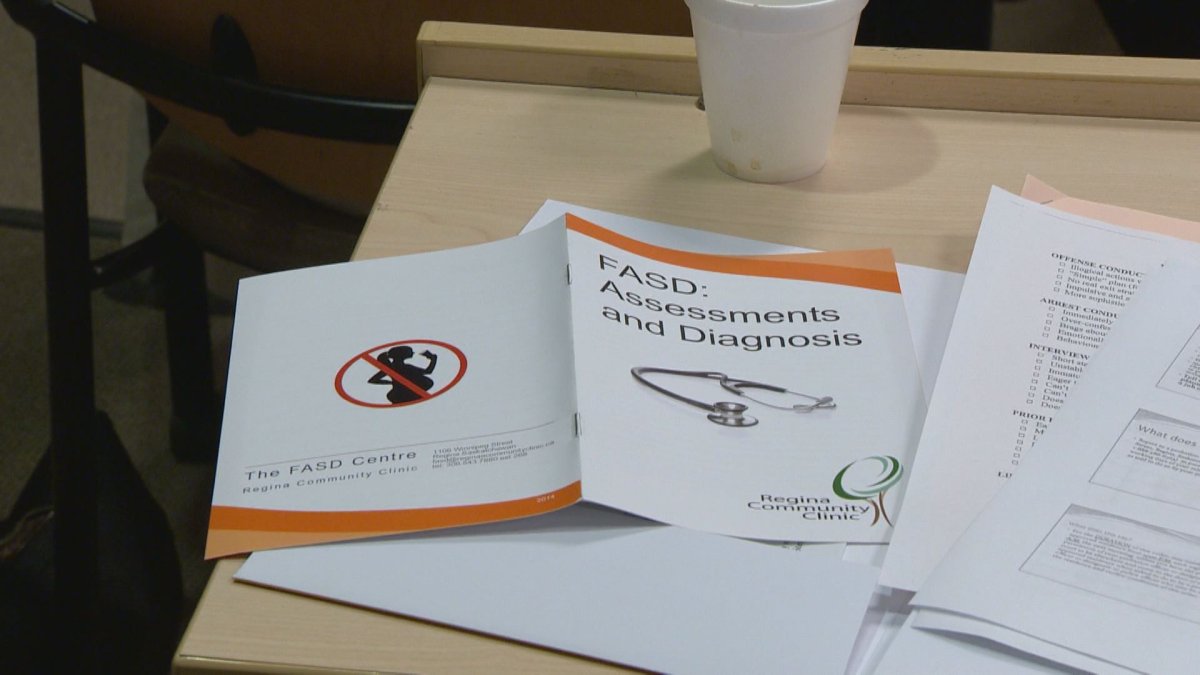REGINA – Despite more education around the topic, the number of children born with Fetal Alcohol Spectrum Disorder continues to rise around the world.

About 70 front line staff involved in mental health, healthcare, justice and corrections took part in a free training session Monday at the University of Regina.
The event focused on skills workers can use when dealing with someone with FASD, such as how to write government information that’s easier for people to understand.
“There is a desire for more training, but often not the opportunity for the trainings. Everybody is very busy. So what we try to do is bring folks together when we can,” said Dr. Michelle Stewart, an FASD researcher at the University of Regina and the organizer of the training session.
One theory on why there’s an increase in women drinking while pregnant is alcohol continues to become more accessible.
“Our social attitude around alcohol is that it’s seen as being relatively harmless. You go out, you get drunk, and you have a good time. You have a couple glasses of wine with dinner five or six times a week, that all adds up,” said Cheryl Charron, director of the Regina Community Centre FASD Program.
“Around the world, alcohol is becoming more and more socially acceptable.”
- Posters promoting ‘Steal From Loblaws Day’ are circulating. How did we get here?
- Video shows Ontario police sharing Trudeau’s location with protester, investigation launched
- Canadian food banks are on the brink: ‘This is not a sustainable situation’
- Solar eclipse eye damage: More than 160 cases reported in Ontario, Quebec




Comments